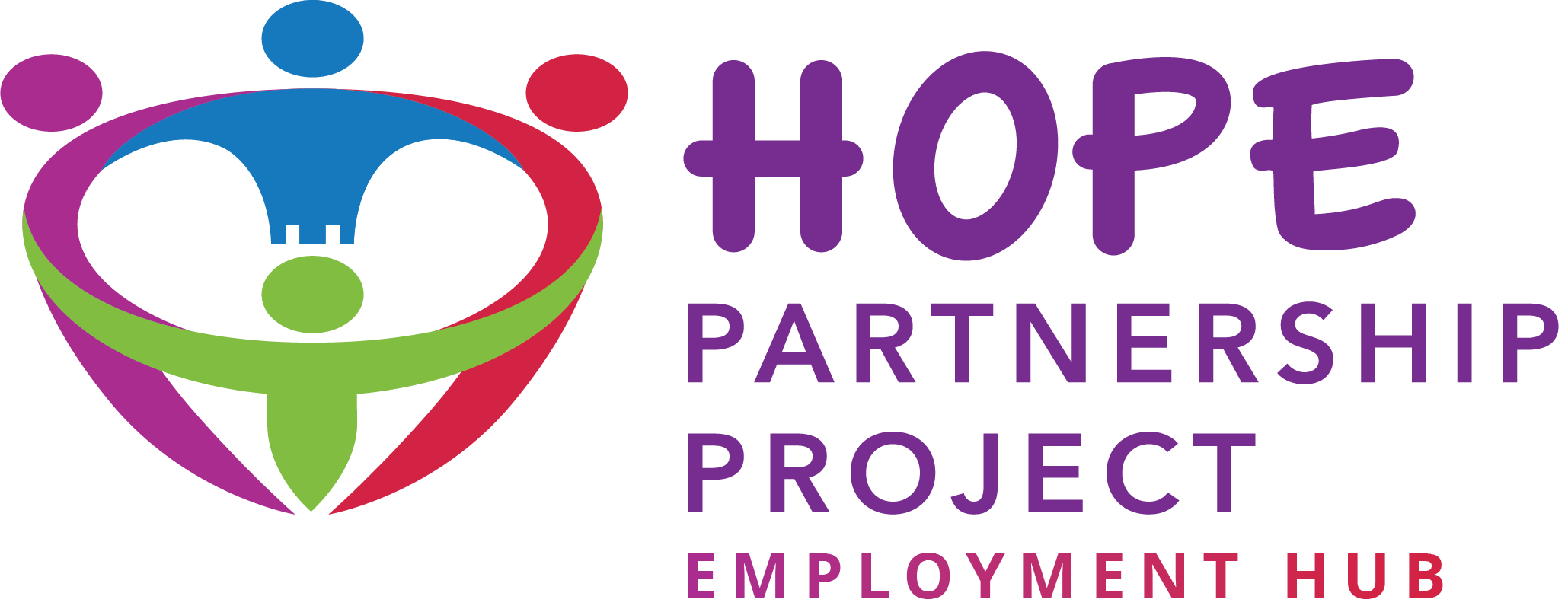The Hope Partnership Project recognizes the potential of individuals in recovery, those reentering the workforce after incarceration, and other high-risk individuals. We’re here to support you in effectively integrating these valuable members into your team.
Our checklists are crafted to guide you through every step of the hiring process, ensuring that you’re well-prepared to navigate the unique challenges and opportunities that come with hiring high-risk employees.
In addition to our detailed checklists, our onboarding resources are here to facilitate a seamless integration of these employees into your company culture. We understand the importance of providing the necessary support and guidance during this crucial phase. By utilizing our onboarding resources, you can create a welcoming environment that encourages growth, learning, and a strong sense of community within your organization.
Ohio Employer Resource Network
The Resource Network is empowering employment by improving employee retention and productivity.
Ohio Job & Family Services
The Ohio Department of Job and Family Services (ODJFS) develops and supervises the state’s public assistance, workforce development, unemployment compensation, child and adult protective services, adoption, child care, and child support programs.
SHRM Getting Talent Back to Work (CriminalBackground)
The resources you need to advance the hiring of workers with a criminal background.
SAMHSA
Employer Resources from drug-free workplace guidance to federal laws.
ADA.Gov OUD
The Americans with Disabilities Act (ADA) protects people in recovery from opioid use disorder (OUD) who are not engaging in illegal drug use, including those who are taking medication prescribed by their doctor to treat their OUD.
Substance Use Employer Cost Calculator
An Authoritative, Easy-to-Use Tool Providing Business Leaders with Information about the Cost of Substance Use
Ohio Chamber of Commerce Opioid Toolkit
Ohio’s employers are asking what they should do about the opioid problem in their own workplaces. The Ohio Chamber of Commerce convened a task force to explore the options.
Sharing Solutions
Addressing a crisis of this scope and magnitude requires everyone who has a stake to be part of the solution, including the business community. Businesses are a vehicle to help solve the problem.
- Educate Your Team:
Conduct workshops or training sessions to educate your team about addiction, recovery, and the challenges faced by individuals in recovery. Foster a culture of empathy, understanding, and support within the organization.
- Develop Clear Policies:
Establish clear guidelines and policies for accommodating individuals in recovery, including flexible scheduling, time off for support meetings, and other necessary arrangements. Ensure that these policies comply with legal requirements and promote inclusivity and non-discrimination.
- Provide Supportive Environment:
Create a work environment that fosters open communication and support.
Encourage an atmosphere of trust where employees feel comfortable discussing their challenges and seeking help if needed.
- Implement Non-Discriminatory Practices:
Ensure that the hiring process is fair and non-discriminatory, complying with the law.
Avoid any bias during the recruitment process and provide equal opportunities for candidates in recovery.
- Offer Flexibility:
Provide flexible work hours, if feasible, to accommodate support group meetings, therapy sessions, or other recovery-related activities.
Consider remote work options to offer a more comfortable and conducive work environment.
- Build a Support System:
Establish a support system or mentorship program within the organization where individuals in recovery can receive guidance and assistance from experienced colleagues.
- Focus on Skills and Potential:
Evaluate candidates based on their skills, qualifications, and potential contributions to the organization, rather than solely focusing on their history of addiction or recovery.
- Ensure Confidentiality:
Maintain strict confidentiality regarding an employee’s recovery status, except where disclosure is necessary for accommodation purposes or as required by law.
- Promote Wellness Programs:
Offer wellness programs and resources that support mental health and overall well-being for all employees.
Provide access to counseling services, employee assistance programs, or other resources that can support individuals in recovery.
- Encourage Open Dialogue:
Foster a culture of open dialogue where employees feel comfortable discussing their challenges and concerns, including those related to their recovery journey.

